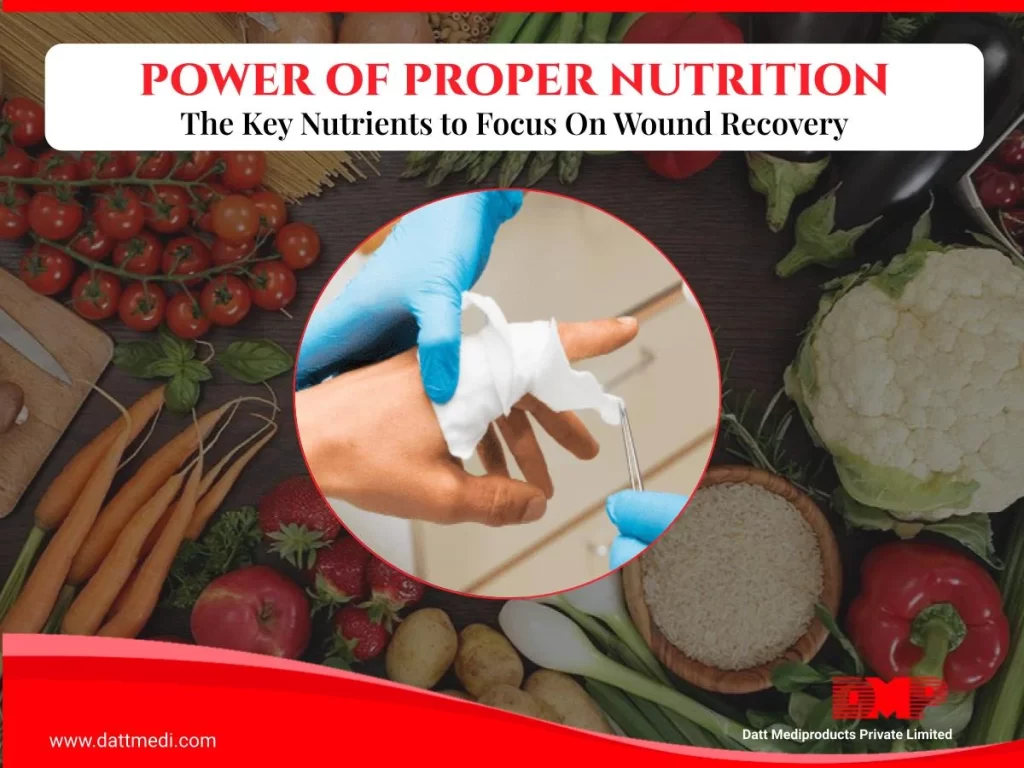
Sleep is an inevitable part of our lives. Nobody can live without sleep like we can’t live without food and water. Its an important part of our lives and we spend almost one-third of our time in sleep. A sound quality sleep is important to create new memories, concentrate and respond quickly.
Do you know that your need for sleep varies with your age?
Sleep is highly required by babies for their growth and development followed by school-going children & teenagers and then by adults.
Sleep has some salient roles to play in our lives. Research suggests that sleep helps remove toxins from our brain, which builds up while we are awake. In this blog, we are going to examine the effects a sound sleep has on one’s mind and the wound healing process.
How Sleep Impacts Mind?
Although it may appear that sleep is a non-productive time of one’s day but there are a lot of amazing things which our brain does while we sleep.
Following are a few of them:
– Helps Clear Out Harmful Toxins: Our brain acts as a vacuum to clear out any unwanted harmful toxins developed during the day. “There is evidence the brain clears out toxic wastes accumulated during the day at night, through the convective motion of the fluid that bathes the brain,” according to Dr. John Medina, a developmental molecular biologist.
– Solidifies your Memories: Our brain cement and consolidates the memories during sleep as short term and long-term ones. It also links them with the previous ones to process the various pieces of information to make more creative ideas.
– Makes you Creative: If we don’t get sound sleep, we feel exhausted and our thinking ability is also affected. Our mind relaxes when we get enough proper sleep and our creativity increases. A study “Human relational memory requires time and sleep” published in the Proceedings of the National Academy of Sciences of the United States of America, depicts that participants who got a restful sleep were found to be 33% more successful than their counterparts.
– Helps Process New Information: Our brain processes complex information while sleeping, enhancing our ability to focus and solve problems.
Sleep Helps Wounds Heal Faster
– Wounds Heal when healthy tissue is formed. The growth of tissues and proliferation occurs at the 3rd & 4th stages of sleep, which means the patient has completed 70% of the rest. Hence, more the uninterrupted sleep faster the tissue growth.
– Sleep restriction impairs the immune function and a sound sleep builds the same. Sleep deprivation depletes our immunity making a person more susceptible to catching infections. Without a strong immune system, there will be difficulty in creating healthy tissue because of the recurrent infections developing at the wound bed site. On the other hand, better the quality sleep, stronger the immune system and faster wound healing. The entire wound healing process will be affected, elongating the healing time.
– A sound sleep helps regulate appetite also, which means, you will not indulge in any unwanted sugary and fatty food cravings that are bad for your body and delay the wound healing process.
– A good quality sleep is also important for good heart health. A Healthy heart means better coronary functions leading to better circulation and we know that a good circulation directly impacts better and faster wound healing with mole nutrients and the anti-biotics reaching the wound site.
We @DattMediproducts comprehend that sleep affects nearly every cell, tissue, and system of the human body – from the brain, to heart, and lungs to metabolism, immunity/ disease resistance, and mood. Hence, it is important to get quality sleep to help our body rejuvenate and be ready for the next day.
Have a Nice Sleep!




